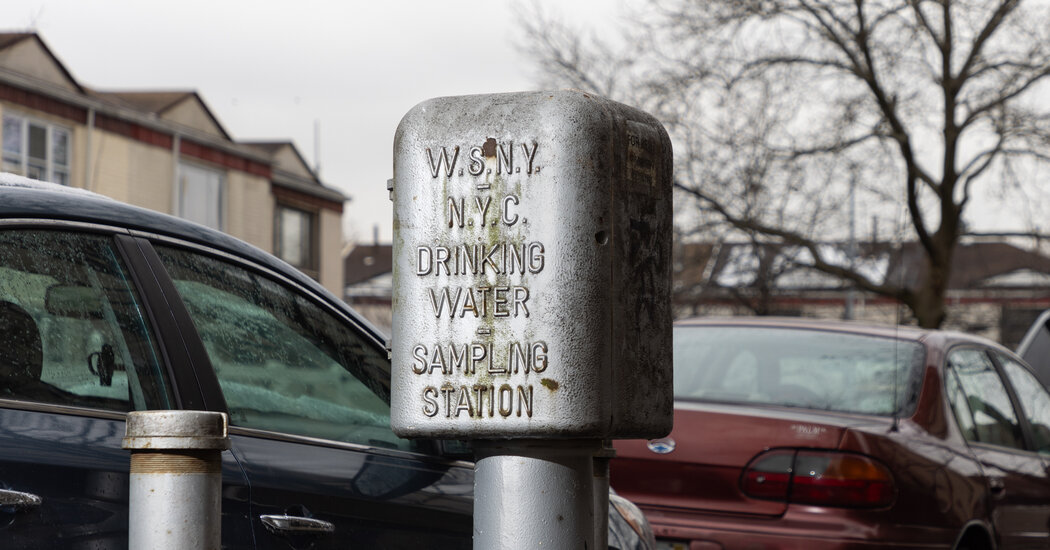The first 100 days of President Trump’s second term have done more damage to American democracy than anything else since the demise of Reconstruction. Mr. Trump is attempting to create a presidency unconstrained by Congress or the courts, in which he and his appointees can override written law when they want to. It is precisely the autocratic approach that this nation’s founders sought to prevent when writing the Constitution.
Mr. Trump has the potential to do far more harm in the remainder of his term. If he continues down this path and Congress and the courts fail to stop him, it could fundamentally alter the character of American government. Future presidents, seeking to either continue or undo his policies, will be tempted to pursue a similarly unbound approach, in which they use the powers of the federal government to silence critics and reward allies.
It pains us to write these words. Whatever our policy differences with other modern presidents, every one of them fundamentally believed in democracy. They viewed freedom, constitutional checks and balances and respect for political opponents as “the bulwark of our Republic,” as Ronald Reagan said in the opening of his first Inaugural Address, while praising his predecessor Jimmy Carter.
The patriotic response to today’s threat is to oppose Mr. Trump. But it is to do so soberly and strategically, not reflexively or performatively. It is to build a coalition of Americans who disagree about many other subjects — who span conservative and progressive, internationalist and isolationist, religious and secular, business-friendly and labor-friendly, pro-immigration and restrictionist, laissez-faire and pro-government, pro-life and pro-choice — yet who believe that these subjects must be decided through democratic debate and constitutional processes rather than the dictates of a single man.
The building of this coalition should start with an acknowledgment that Mr. Trump is the legitimate president and many of his actions are legal. Some may even prove effective. He won the presidency fairly last year, by a narrow margin in the popular vote and a comfortable margin in the Electoral College. On several key issues, his views were closer to public opinion than those of Democrats. Since taking office, he has largely closed the southern border, and many of his immigration policies are both legal and popular. He has reoriented federal programs to focus less on race, which many voters support. He has pressured Western Europe to stop billing American taxpayers for its defense. Among these policies are many that we strongly oppose — such as pardoning Jan. 6 rioters, cozying up to Vladimir Putin of Russia and undermining Ukraine — but that a president has the authority to enact. Elections have consequences.
Mr. Trump nonetheless deserves criticism on these issues, and Congress members and grass-roots organizers should look for legal ways to thwart him. They even have a case study from his first term: the successful campaign to prevent him from repealing Obamacare, which relied on marshaling public opinion and pressuring other elected officials. Still, the distinction between Mr. Trump’s merely unwise actions and his undemocratic ones is crucial because it highlights the most urgent areas for political and legal opposition — and the ones that will require a grand coalition of people across the political spectrum. If Mr. Trump becomes the authoritarian president he seeks to be, the narrower policy fights will be lost anyway.




